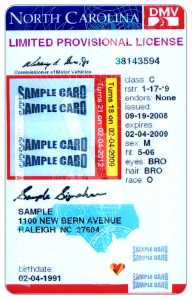4th of July Weekend & Public Safety
Friday, June 30th, 2023
The Fourth of July weekend is a time of celebration and joy in the United States, as citizens
come together to commemorate their nation’s independence. However, amidst the festivities, it is
crucial to acknowledge the role played by police officers in maintaining law and order during
this time. Police departments across the country adopt a strict approach to ensure public safety,
handling increased traffic, crowd management, and enforcing regulations related to fireworks
and alcohol consumption.
Maintaining Public Safety:
The primary responsibility of police officers is to uphold public safety, and this duty becomes
even more critical during holidays with heightened celebrations like the Fourth of July. The
influx of people attending parades, firework displays, and outdoor gatherings necessitates
increased police presence to prevent potential disruptions, control unruly behavior, and respond
to emergencies promptly. By being present and vigilant, police officers deter criminal activity,
promote a sense of security, and ensure that citizens can enjoy the festivities without fear.
Traffic Management:
The Fourth of July weekend witnesses a surge in vehicular traffic as families and friends embark
on road trips and outings. The increased traffic volume poses a significant challenge, requiring
police officers to take on the responsibility of managing and regulating traffic flow. By directing
traffic, enforcing speed limits, and monitoring impaired driving, officers strive to minimize
accidents, maintain smooth traffic patterns, and protect the lives of motorists and pedestrians
alike. Their presence on the roads during this period is essential to prevent accidents and provide
timely assistance if incidents occur.
Crowd Control:
Public celebrations on the Fourth of July often draw large crowds, congregating in parks, public
spaces, and event venues. Police officers play a crucial role in ensuring crowd control to prevent
any potential disorderly conduct or conflicts that could jeopardize public safety. They are trained
in crowd management techniques, including maintaining order, diffusing tense situations, and
facilitating the smooth movement of people. The presence of police officers in such gatherings
acts as a deterrent to any disruptive behavior, allowing individuals to celebrate responsibly and
peacefully.
Regulation Enforcement:
Fireworks and alcohol are often integral components of Fourth of July celebrations. However,
the misuse and improper handling of these substances can lead to accidents, injuries, and
property damage. Police officers are entrusted with enforcing regulations related to fireworks
displays, including licensing requirements, safety guidelines, and time restrictions. By
monitoring the sale, possession, and use of fireworks, officers seek to prevent accidents and
protect the well-being of the public.
Additionally, the consumption of alcohol during celebrations increases the risk of impaired
driving, public disturbances, and altercations. Police officers conduct sobriety checkpoints and
enforce laws related to driving under the influence to ensure road safety and reduce the potential
for accidents. By enforcing regulations on alcohol consumption and conducting preventative
measures, police officers strive to create a safer environment for everyone during the holiday.
During the Fourth of July weekend, police officers demonstrate strict vigilance to maintain
public safety, manage traffic, control crowds, and enforce regulations. Their presence and
proactive efforts contribute to the smooth conduct of celebrations and safeguard the well-being
of citizens. By upholding the principles of law and order, police officers enable individuals to
celebrate their nation’s independence in a secure and peaceful environment. As we appreciate the
festivities and come together as a community, let us acknowledge and respect the dedication of
these officers who work tirelessly to ensure a safe and enjoyable Fourth of July for all.
Should you or someone you know receive a traffic ticket or any other criminal charge in New
Hanover (Wilmington), Pender (Burgaw), or Brunswick (Bolivia) Counties, call Collins Law
Firm at 910-793-9000 for a confidential consultation about what we can do to help you.
By Bryanna Gordan, Legal Assistant

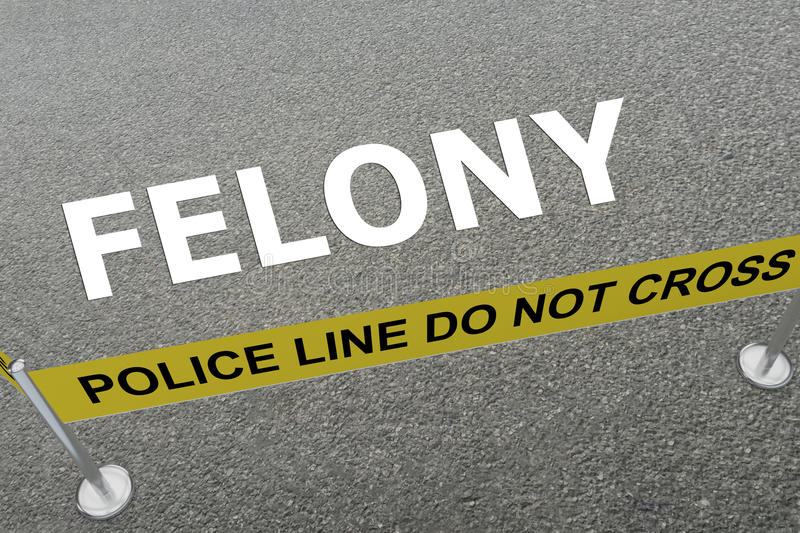
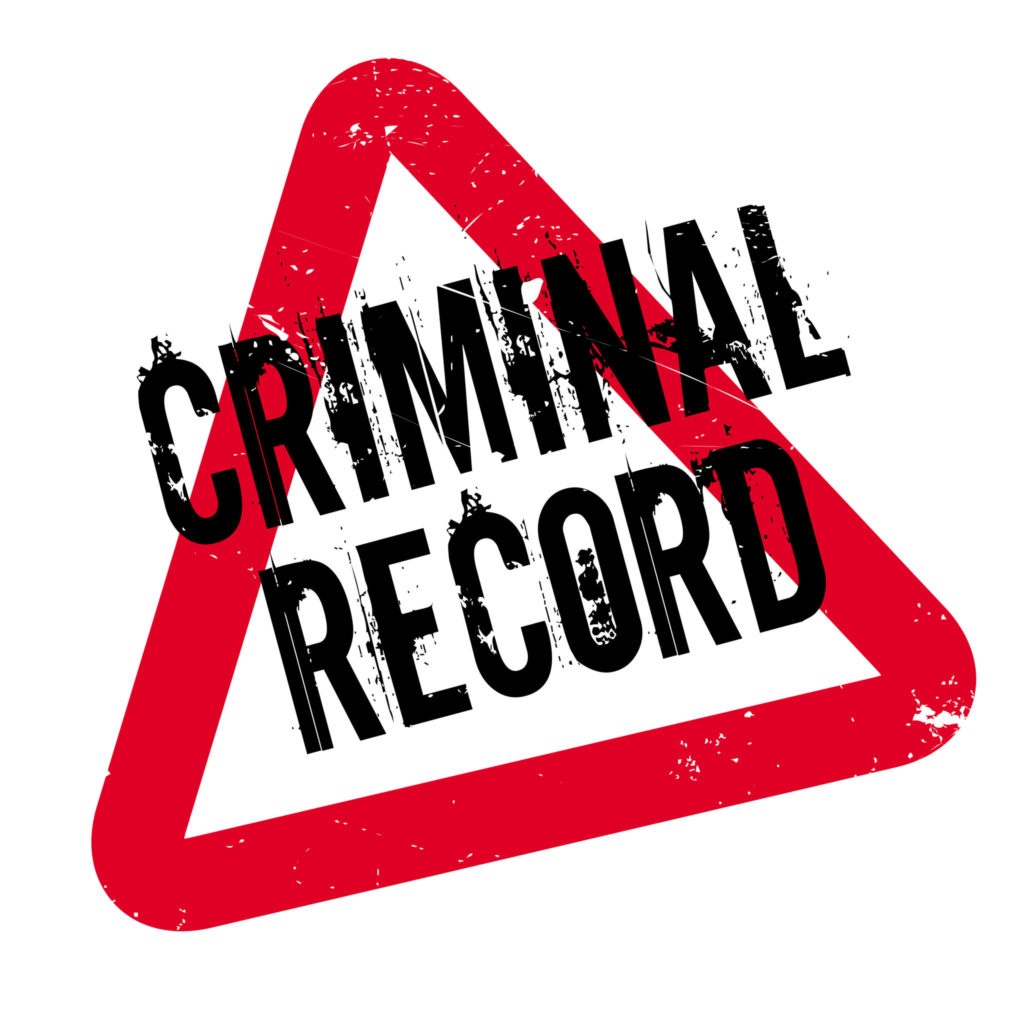
 This weekend, April 8-12, 2015, is the 68th Annual North Carolina Azalea Festival in Wilmington, NC, New Hanover County. The Festival is an annual celebration of Wilmington’s gardens and culture. The festival covers five days of entertainment which includes: a parade, street fair, circus, concerts, pageantry, and all that is Southern. Beginning in 1948, the Festival has blossomed into an extended weekend celebration that attracts more than 250,000 people annually to the region including and surrounding New Hanover County, NC.
This weekend, April 8-12, 2015, is the 68th Annual North Carolina Azalea Festival in Wilmington, NC, New Hanover County. The Festival is an annual celebration of Wilmington’s gardens and culture. The festival covers five days of entertainment which includes: a parade, street fair, circus, concerts, pageantry, and all that is Southern. Beginning in 1948, the Festival has blossomed into an extended weekend celebration that attracts more than 250,000 people annually to the region including and surrounding New Hanover County, NC.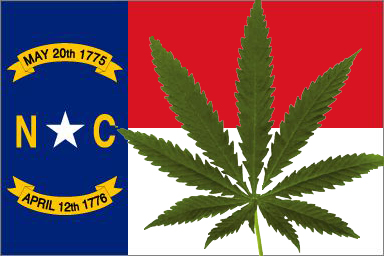 The U.S. prison population is six to ten times as high as in most Western European nations and many say that this is because of the Unites States War on Drugs. More than 749,000 people were arrested in the United States for marijuana-related offenses alone in the year 2012.
The U.S. prison population is six to ten times as high as in most Western European nations and many say that this is because of the Unites States War on Drugs. More than 749,000 people were arrested in the United States for marijuana-related offenses alone in the year 2012.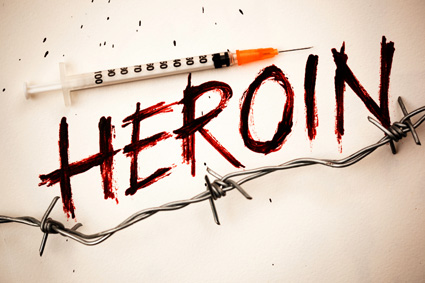 Heroin is a highly physiologically addictive narcotic derivative of morphine but has a higher potency than morphine. C.R. Alder Wright – an English chemistry and physics researcher in London – was the first to synthesize heroin in 1847. Heroin usually appears as a white or brown powder or as a black sticky substance, known as “black tar heroin.” The name Heroin stems from Bayer, the German Pharmaceutical Company. Bayer named the first diamorphine product Heroin and made its first fortunes in the late 1890s when it
Heroin is a highly physiologically addictive narcotic derivative of morphine but has a higher potency than morphine. C.R. Alder Wright – an English chemistry and physics researcher in London – was the first to synthesize heroin in 1847. Heroin usually appears as a white or brown powder or as a black sticky substance, known as “black tar heroin.” The name Heroin stems from Bayer, the German Pharmaceutical Company. Bayer named the first diamorphine product Heroin and made its first fortunes in the late 1890s when it 

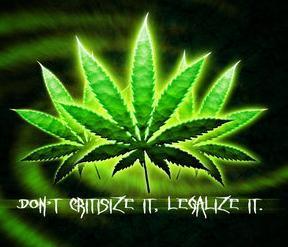 On August 12, 2013, United States Attorney General Eric Holder announced to the American Bar Association’s House of Delegates in San Francisco, an initiative to curb mandatory minimum drug sentences that the nation is “coldly efficient in jailing criminals,” but it “cannot prosecute or incarcerate” into becoming a safer country. “Too many Americans go to too many prisons for far too long, and for no truly good law enforcement reason,” Holder said . The arguments about legalization of drugs in the US include health and social problems, potential tax revenue, and public safety concerns. However, this speech by our Attorney General focused on alleviating an overburdened prison system housing non-violent people convicted and sentenced to very long prison terms for peaceful drug crimes. Regarding the debate over legalization, the nation has moved from the question of “if” to the more tangible question of “how,” said Beau Kilmer, co-director of the RAND Drug Policy Research Center and co-author of “Marijuana Legalization: What Everyone Needs to Know.”
On August 12, 2013, United States Attorney General Eric Holder announced to the American Bar Association’s House of Delegates in San Francisco, an initiative to curb mandatory minimum drug sentences that the nation is “coldly efficient in jailing criminals,” but it “cannot prosecute or incarcerate” into becoming a safer country. “Too many Americans go to too many prisons for far too long, and for no truly good law enforcement reason,” Holder said . The arguments about legalization of drugs in the US include health and social problems, potential tax revenue, and public safety concerns. However, this speech by our Attorney General focused on alleviating an overburdened prison system housing non-violent people convicted and sentenced to very long prison terms for peaceful drug crimes. Regarding the debate over legalization, the nation has moved from the question of “if” to the more tangible question of “how,” said Beau Kilmer, co-director of the RAND Drug Policy Research Center and co-author of “Marijuana Legalization: What Everyone Needs to Know.”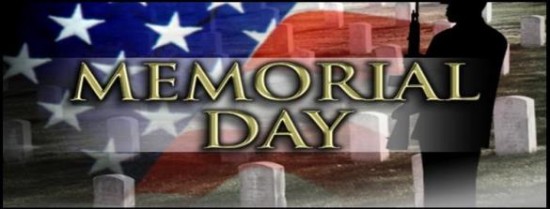 This upcoming weekend is Memorial Day Weekend. While Memorial Day is a day to remember and honor those who lost their lives while serving our country in the United States Armed Forces, many take this longer weekend as an opportunity to travel.
This upcoming weekend is Memorial Day Weekend. While Memorial Day is a day to remember and honor those who lost their lives while serving our country in the United States Armed Forces, many take this longer weekend as an opportunity to travel.